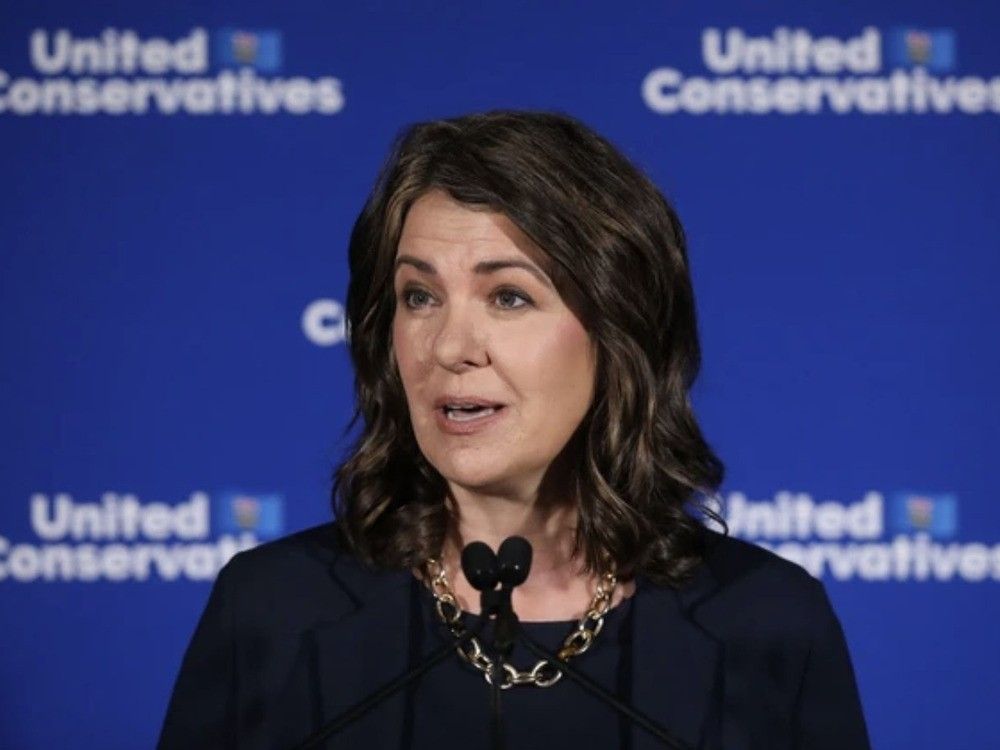And the
Good Grey Globe's editorial board
says that Canada needs an election soon:
----------
Why Canada needs a federal election sooner rather than later
THE EDITORIAL BOARD
PUBLISHED 5 HOURS AGO
The Trudeau Liberals have now lost a second safe seat in a by-election in three months, although “safe” may be putting it mildly.
Toronto-St. Paul’s, which went Conservative on June 24, and LaSalle-Émard-Verdun in Montreal, which went to the Bloc Québécois on Monday, have long been reliable ecosystems for a party that believes its absence from government is somehow unnatural.
In recent general elections, the Liberal candidate in each riding outpaced their rivals by thousands of votes, sometimes winning twice as many the second-place finisher, or even three times.
When the Liberals lost either riding, it was during waves of enthusiasm for another party – Brian Mulroney’s Progressive Conservatives in 1984 and 1988 in Toronto-St-Paul’s; Jack Layton’s NDP in LaSalle-Émard-Verdun in 2011 – combined with an electorate that had grown tired of Grit rule.
Given this summer’s telltale by-election losses, and the polling that consistently has the Liberals in the neighbourhood of 20 points back of the Conservatives, it’s fairly obvious that a similar wave is cresting in Canada.
And yet the next election is not slated for another year, leaving Canadians in the hands of a government that to a majority of them resembles the walking dead.
Prime Minister Justin Trudeau has repeatedly said that he has no intention of stepping down as Liberal leader, and that he is eager to take on Conservative Leader Pierre Poilievre in an election.
He should indulge that eagerness. Canadians should not have to wait another year before having their say. There should be an election this fall, and it would be best if it was triggered by the Liberals themselves.
It is hard to see what this government could pull out of its hat that would reverse its fortunes over the next six to 12 months. The public’s self-evident fatigue with the Liberals means that any new policies will likely be met with indifference by a majority of minds that are already made up.
The short timeline until the election that must be called by Oct. 20, 2025, also means that any new government program or fiscal planning whose provisions extend beyond that date has to be viewed with a great deal of skepticism. A five-year deficit projection that reached to fiscal 2030 in a Liberal budget next spring, for instance, would verge on hilarious.
Voters, through their stated intentions to pollsters and especially through their by-election ballots, have made it clear that the Trudeau government has a weak grip on power. The Liberals’ efforts to resuscitate themselves, while certainly their prerogative as long as Parliament lasts, are so unlikely to succeed that they are indeed something a zombie government, shuffling toward their doom.
It would be better for voters, and for the country as a whole, for the Trudeau government to use the fall to prepare a mini-budget and put it to the House as a confidence motion by the end of October. If the government survived, fair enough: it would have a reinvigorated mandate to continue into 2025.
If the Liberals fell, then voters would have the opportunity to elect a government with fresh mandate – and also to examine their own intentions.
An election would be an opportunity for Canadians take the real measure of the Conservatives. Mr. Poilievre has had it easy, surfing the dissatisfactions of Canadians, posting snarky social media messages and keeping his broader plans to himself.
A vigorous election campaign would give Canadians the chance to see if there is more to him and his party than rhyming slogans and alliterative nicknames for his opponents.
Most of all, an election would give the country a direction. Canada is a Group of Seven nation that is adrift, caught between a tired left-of-centre government party that can’t convince voters it deserves to continue, and a surging right-of-centre opposition party that is chomping at the bit to take over but hasn’t yet presented a governing agenda.
The country is meanwhile beset by low productivity, a falling standard of living, worsening climate change, an immigration system in need of repair, rising public debt, a lack of affordable housing and a struggling health care system.
Canadians deserve clarity on how those issues will be addressed, something only an election can provide. Another year of uncertainty and drift should not be in the cards.
----------
I agree, especially, with this:
"
If the Liberals fell, then voters would have the opportunity to elect a government with fresh mandate – and also to examine their own intentions.
An election would be an opportunity for Canadians take the real measure of the Conservatives. Mr. Poilievre has had it easy, surfing the dissatisfactions of Canadians, posting snarky social media messages and keeping his broader plans to himself.
A vigorous election campaign would give Canadians the chance to see if there is more to him and his party than rhyming slogans and alliterative nicknames for his opponents.
Most of all, an election would give the country a direction. Canada is a Group of Seven nation that is adrift, caught between a tired left-of-centre government party that can’t convince voters it deserves to continue, and a surging right-of-centre opposition party that is chomping at the bit to take over but hasn’t yet presented a governing agenda."

www.nanaimobulletin.com











